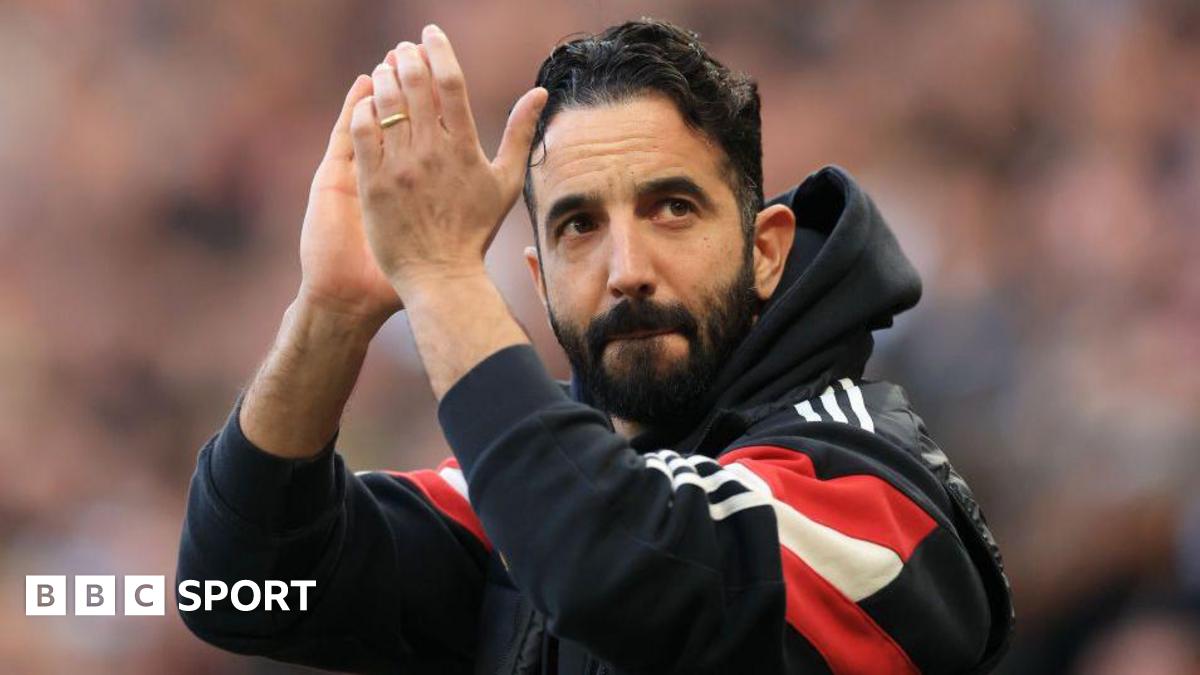Britons are paying record amounts in tax on private healthcare as the struggling NHS push people to the private sector for better treatment.
More than £2billion was paid in insurance premium tax in the third quarter of the 2023-24 tax year, according to the latest figures from HM Revenue and Customs (HMRC).
This is a 14 per cent increase compared to the previous three months with receipts projected to surpass £8billion by the end of the financial year, if they remain at their current trajectory.
In comparison, receipts from the tax on private healthcare earned £6billion in the 2021-22 tax year and £7billion the following year.
NHS waiting lists have pushed taxpayers to private healthcare options
GETTY
Insurance premium tax is a charge on general insurance premiums which include health, car, home and pet insurance.
The levy is imposed at a standard rate of 12 per cent and a higher rate of 20 per cent, with the latter charged to travel and some vehicle insurance.
Medical insurance costs have risen by between 20 to 60 per cent in the past year as the NHS waiting times have convinced people to pursue private healthcare treatment.
She explained: “Alongside rising costs, the health insurance sector has also experienced growing demand for its products.
“Increased pressure on the NHS has seen more employers and individuals take out private medical insurance and health cash plans to support continued health and speed up treatment.”
Around one in eight people are estimated to be either on an NHS waiting list for an appointment or procedure which comes to 7.8 million Britons.
This represents an increase of 600,000 patients after Prime Minster Rishi Sunak promised to cut waiting times at the beginning of last year.
The public health service has been saddled with numerous strikes over the past year with unions threatening more industrial action in the months ahead.
Rishi Sunak has promised to bring down waiting lists
PA
Last month, Mr Sunak said NHS strikes have made waiting times by his stated goal of March 2025 “difficult”.
This chaos has led to taxpayers flocking to the private sector with research from YouGov last year highlighting that one in eight Britons have paid for private health services in 2022-23
Some 27 per cent of those polled shared that they have considered going private, either for themselves or a loved one, but eventually decided against it due to the cost.
Dr John Puntis, a former consultant paediatrician and co-chair of Keep Our NHS Public, said: “This option is available to those who can afford to pay, but excludes the vast majority of the population as over a third of people in the UK have less than £1,000 in cash to cover unexpected expenses.”












